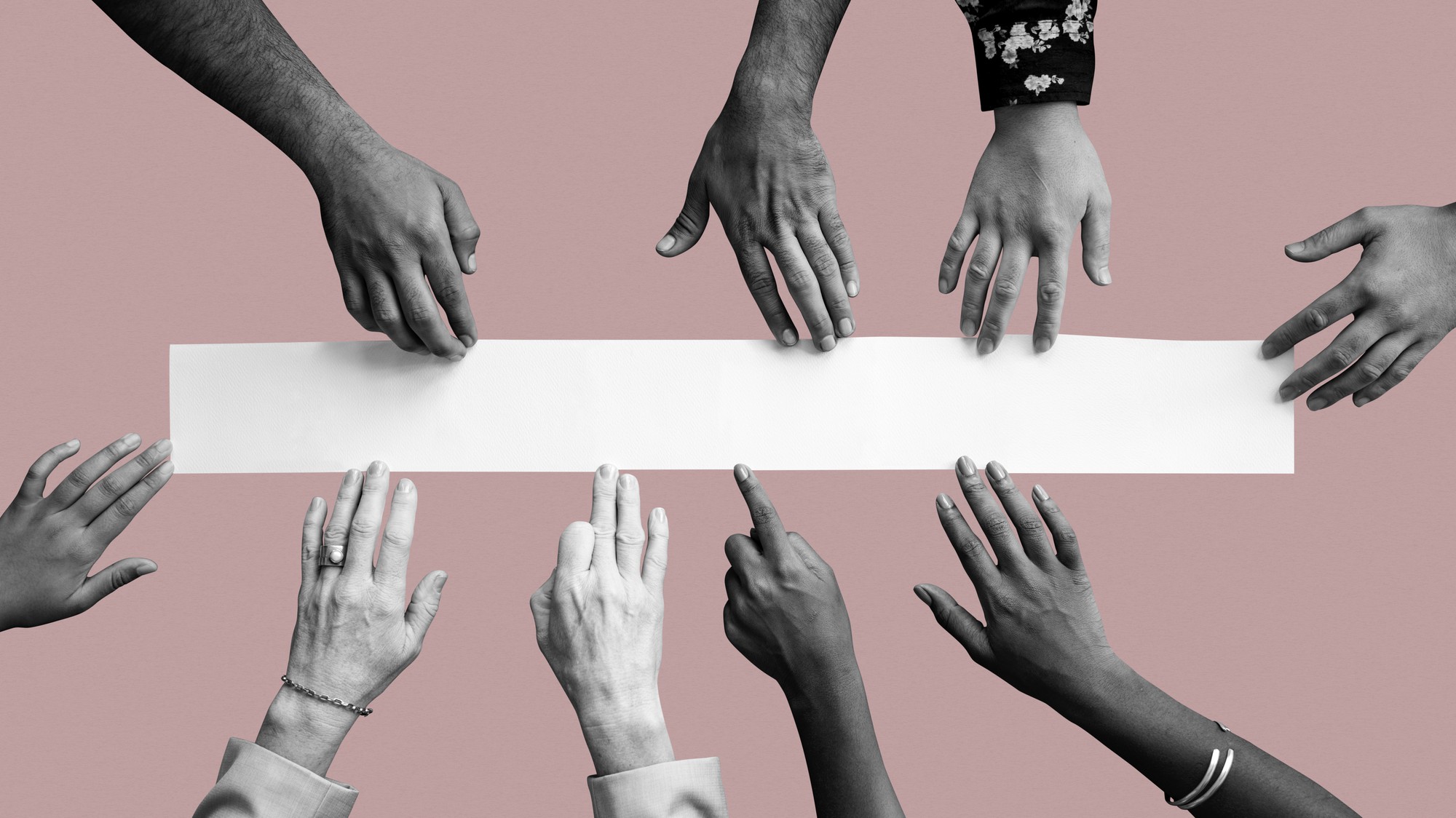Northwestern College Football Players File Suit for Unionization Rights

Although Seattle won the Super Bowl and Florida State is the new college football national champion, the college football players at Northwestern University continue playing, but this time on a different field – the courtroom. On Tuesday, January 28, 2014, with support from the Steelworkers Union, a majority of Northwestern college football players appealed to the National Labor Relations Board (NLRB) for unionization rights as “employees” of Northwestern University. The players claim that Northwestern University, and the N.C.A.A. as a whole, have used the concepts of amateurism and the “student-athlete” to avoid having to share revenues from ever-increasing TV contracts. Players seek to compel universities to provide long-term medical care and four-year guaranteed athletic scholarships in the event that a player is no longer able to continue playing because of injury or other medical reasons.
The players filed their appeal with the NLRB in the Chicago NLRB regional office, which will hold a hearing to decide the employment status of Northwestern football players. In the event that the NLRB determines that Northwestern has misclassified the college football players as non-employees, the decision would be a watershed moment for college athletics. Significantly, any NLRB decision applies across the board to all other scholarship athletes at private universities.
If successful, private scholarship college athletes would be considered “employees” under federal labor and employment law. These athletes could vote to form a union and collectively bargain for any terms and conditions of employment like any other workplace union. In addition, as an “employee” of the university, these athletes would participate in state worker’s compensation and state unemployment insurance systems. Such a decision would bring into question the role of amateurism in college sports in general. It is well known that most university athletic budgets run at a deficit and, generally, only men’s college basketball and college football provide any significant revenue. Potential unionization for college athletes in other sports that do not provide significant revenue could put the continued existence of those collegiate sports at issue.
The foundational issue of the Northwestern litigation rests on whether or not private college football and men’s basketball players are “employees” for legal purposes. The National Labor Relations Act protects only “employees” and specifically excludes “any individual having the status of an independent contractor,” including volunteers. 29 USC 152(3). Under federal law, an “employee” is defined as “an individual employed by an employer. . .” 42 USC 2000e(f). More specifically, whether someone is “employed” is determined by the common law of agency. Ware v United States, 67 F3d 574, 576 (6th Cir. 1995). The Supreme Court established several factors to be considered when determining the agency relationship:
We consider the hiring party’s right to control the manner and means by which the product is accomplished. Other factors include the skill required; the source of the tools; the location of the work; the duration of the relationship between the parties; whether the hiring party has the right to assign additional projects; the extent of the hired party’s discretion over when and how long to work; the method of payment; the hired party’s role in hiring and paying assistants; whether the work is part of the regular business of the hiring party; whether the hiring party is in business; the provision of employee benefits; and the tax treatment of the hired party. Nationwide Mut Ins Co. v Darden, 503 US 318, 323-24; 112 S Ct 1344; 117 L Ed 2d 581 (1992).
Several of these factors, when applied to the typical college football or basketball player, lend credence to the players’ argument that they are “employees.” Universities maintain near total control over the manner and means by which players operate in their respective sports. Often, universities require these athletes to participate in near 40-hour work weeks during their seasons. In addition, college football players have succeeded with this argument at least once before. In 1953, the Colorado Supreme Court held that football players with the University of Denver were common-law employees of the university and were therefore entitled to worker’s compensation for injuries incurred while playing college football. University of Denver v Nemeth, 257 P2d 423 (Colo. 1953). As a Notre Dame and Michigan graduate, I, along with the rest of college sports fans, will continue to watch this case as it moves forward.

